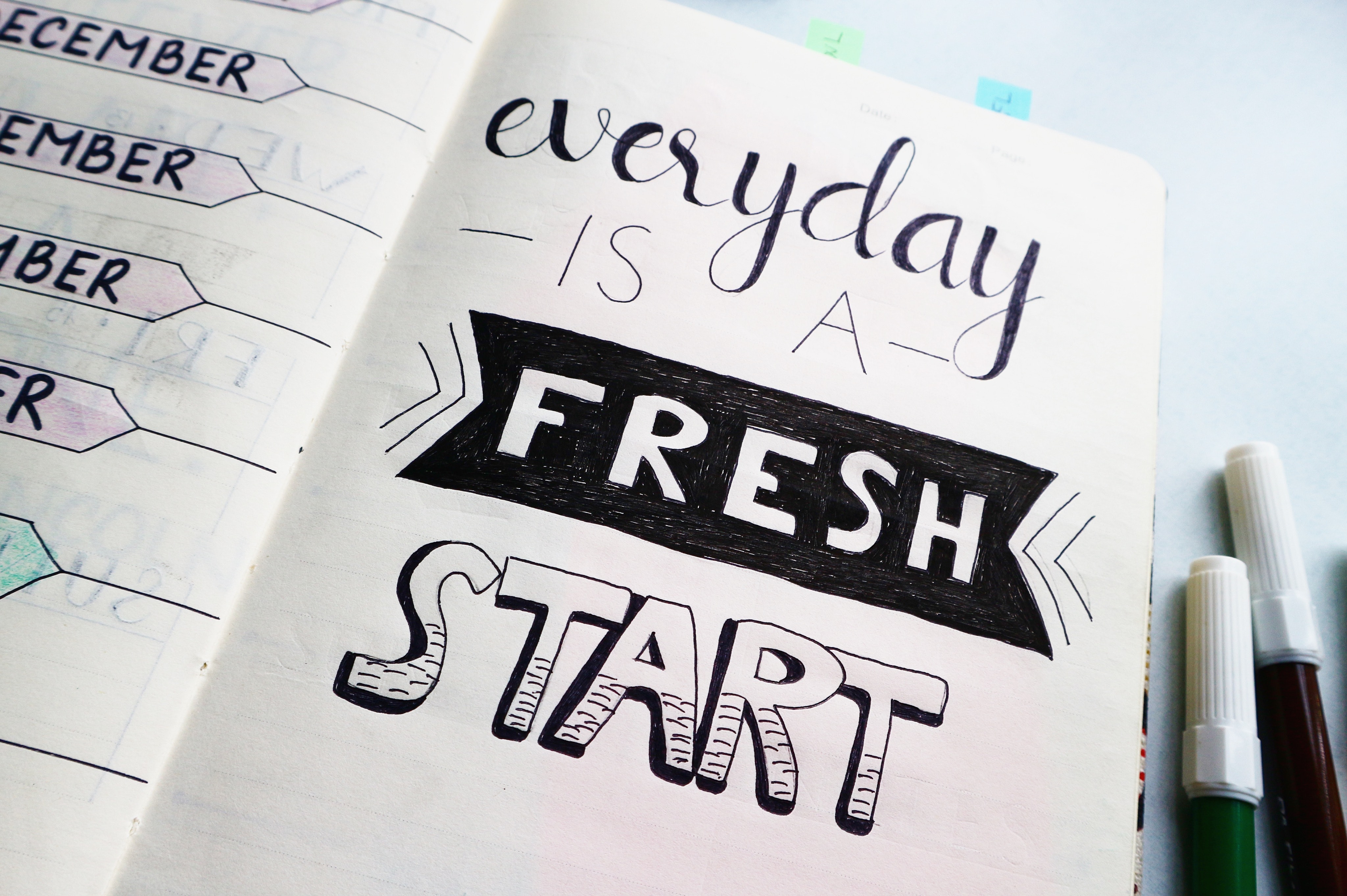
Your teen might tell you that they don’t feel like doing their homework, that it’s boring or dumb, they’ll never have to use it, the teacher doesn’t teach in a way they understand.
They’re (probably) not telling you that they WANT to want to do their work, that they wish they could get started without it feeling like torture and without staring at the screen for an hour without even getting started.
Your teen is at Point A, experiencing one or all of the following: unmotivated, overwhelmed, disillusioned, feeling they’re not as smart as their classmates, wishing you would stop ‘nagging’ them, convinced you as their parent can’t help.
They want to get to Point B: self-motivated, confident, bringing home grades that make them feel smart (and make you proud), enjoying more free time without being weighed down by school, interested in what they’re being taught, knowing you trust them to be on top of it.
Not being clear on how to get to Point B is a massive problem.
The good news is that every teen can get from Point A to Point B. There are two things they need: the tools to get there and clarity on how to use those tools.
Nicole, our Director of Student Success, has a great analogy (that I’ve taken small liberties with):
Imagine your child is on an island. It’s not a good island, rocky and small. In the distance, they see a better island with big white sand beaches and palm trees and they really want to get there.
If they have no tools, they can’t build a bridge to get there. They stay on their island.
If they have tools to build a bridge but don’t know how to use them, they could build it in theory but not in practice. They try and try and eventually give up because it seems that no matter what they do, they can’t build the damn bridge.
They rationalize that their island really isn’t that bad (it is). They tell themselves they’re just meant to stay on their island (they’re not). They intermittently beat themselves up for not being smart enough to figure it out (they’re plenty smart – they can’t conjure knowledge of how to do something out of thin air).
They stay on their island and eventually abandon hope.
Then, they’re given the instruction manual explaining what each tool is, what it does, and exactly how they can use it to build that bridge.
They get to work, following the instruction manual, and lo and behold their bridge starts to materialize. They’re SO excited when they see this and extra motivated to keep going. They’re building it successfully with the tools they now know how to use.
After a few weeks, the bridge is complete and they cross to the better island. It’s even better than they’d imagined, they’re super happy and it pains them to think they almost stayed stuck on that first island.
If you’re thinking, alright Kelsey that’s pretty obvious, GOOD.
(if you’re not thinking that, let me be clear: the first island is Point A – unmotivated, struggling – and the second island is Point B – self-motivating, engaged – and learning how to learn is the bridge :))
The island analogy is helpful because it’s simple and accurate. You don’t need to stay awake wondering how to help them. It’s not that complicated.
Helping your teen feel confident, motivated and earning good grades – having them make Point B their home – is about giving them the tools for learning success and making sure they know how to use them.
If they don’t have the tools or they have the tools but don’t know how to use them, they stay stuck.
It really is that simple.
What tools for learning success do you have in your home? Do you believe your kids know how to use them?
***
Click here to see the tools to set your teen up for learning (and life) success, packaged into 8 lessons.
Click hereto speak with my team 1:1 to get your teen and yourself clear on exactly how to use them.




